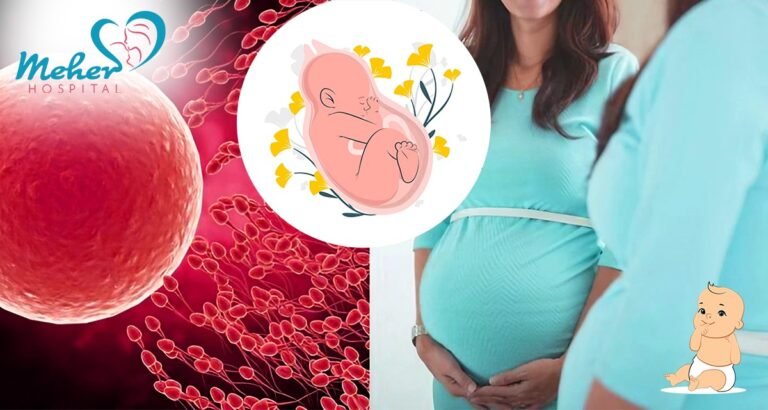In Vitro Fertilization (IVF) is a journey that many couples choose to take when conventional methods prove to be a failure in their quest for parenthood.
The emotional roller coaster and the physical toll can be significant and navigating through an IVF pregnancy comes with its own set of challenges.
Understanding what to expect both physically and emotionally can help prospective parents better prepare for this unique journey which is why today we will discuss a few things that parents should expect during IVF pregnancy
Things to Expect Physically During IVF Pregnancy
Hormonal Fluctuations
The journey of IVF involves a series of hormonal medications to stimulate egg production and support embryo implantation. As a result, hormonal fluctuations are par for the course.
These fluctuations can manifest as mood swings, fatigue and tender breasts and it’s important to recognize that these symptoms are a normal part of the IVF process and are often temporary.
Ovarian Hyperstimulation Syndrome (OHSS)
In some cases, the ovaries may respond excessively to fertility medications thus leading to OHSS.
OHSS can cause abdominal discomfort, bloating and nausea and while OHSS is typically mild, severe cases may require medical attention.
In such scenarios, regular communication with your healthcare team is crucial to monitor and manage any emerging symptoms.
Increased Sensitivity and Awareness
As the IVF journey progresses, many women become hyper-aware of every bodily sensation, constantly questioning whether it’s a sign of pregnancy or just a side effect of the medications.
In such cases, it’s important to strike a balance between keeping in tune with your body and not panicking with every sensation.
Things to Expect Mentally During IVF Pregnancy
Emotional Roller Coaster
IVF is emotionally taxing with highs and lows at every turn. The anticipation, hope and occasional setbacks can take a toll on mental well-being which is why it’s crucial for both partners to acknowledge and express their emotions and seek support from each other and their healthcare team.
Anxiety and Stress
The waiting period during an IVF cycle, particularly the two-week wait post-embryo transfer, can be anxiety-inducing.
The fear of the unknown and the desire for a positive outcome can lead to increased stress levels which is why it’s important to incorporate relaxation techniques and mindfulness or seek counseling to better manage the stress.
Managing Expectations
As the journey unfolds, it’s important to manage expectations and understand that success rates may vary. Not every cycle results in pregnancy and this reality can be challenging to accept which is why maintaining open communication with your healthcare team and setting realistic expectations can help navigate disappointments more effectively.
Wrapping Up
Setting out on an IVF journey is a significant step towards building a family and it comes with its own set of physical and emotional challenges.
While the road may be bumpy, it’s essential to remember that you are not alone and seeking support from your partner, loved ones and healthcare professionals can make the journey more manageable.
Accepting the highs and lows, understanding the physical changes and addressing the emotional aspects together can contribute to a more resilient and positive IVF experience.

